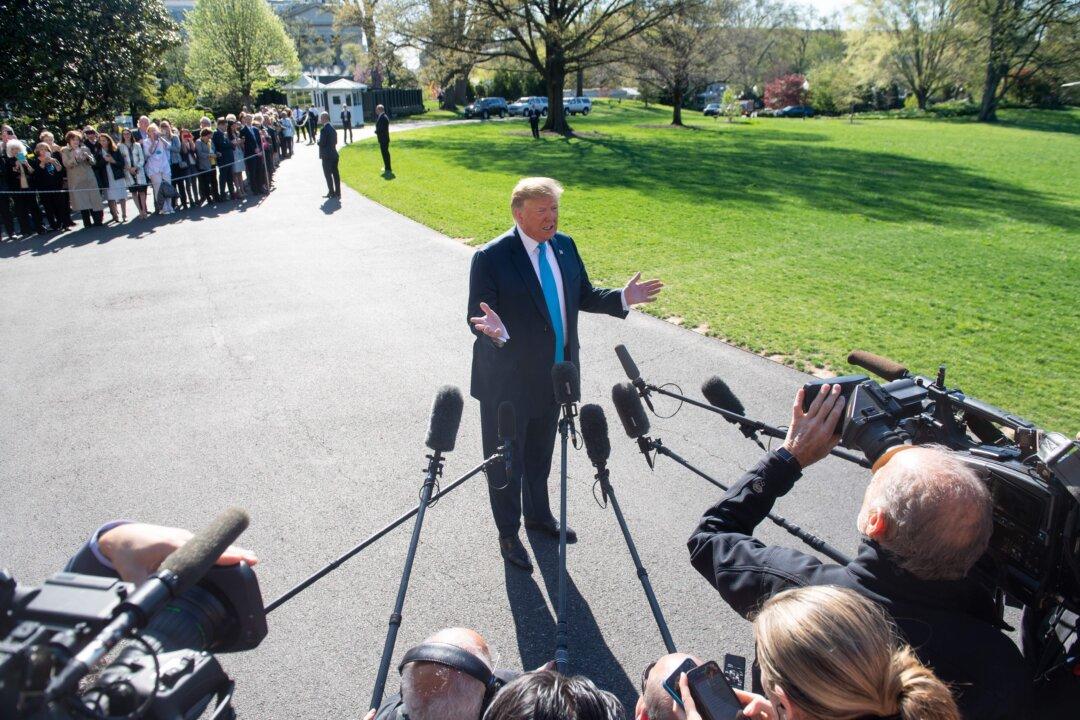Amid a leadership shakeup in the top ranks of its immigration agencies, the White House is considering several major changes to immigration policies meant to stem the flow of illegal aliens into the country across the southwest border.
According to a senior administration official, the White House is weighing steps that would force changes to the current asylum system, which President Donald Trump and Republicans say are fundamentally flawed. The Trump administration is also reviewing the possibility of restricting remittances to Mexico and South America to remove some financial incentives to migration.





